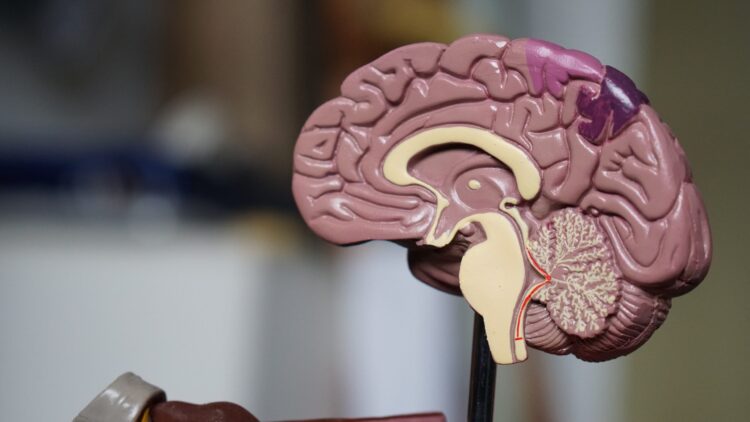Hey everyone, I went into menopause about 2 1/2 years ago with no symptoms since I have been taking progesterone for a long time.
However, the last few months I have been experiencing increasing tendon pain in several areas of my body, including the tendons in the hip area, above the knees, the medial side of the thighs, and below the calf. Most recently, also in my hands as a result of Increased use since I’m doing a home renovation.
In my searches, I keep seeing references to low estrogen, and no other solutions mentioned other than taking estrogen, which, obviously I don’t want to do. I am currently taking T4 and T3, as well as progesterone.
Does anyone out there have any other information on the causes and solutions for this issue? It is interfering with my daily activities and lower the quality of life.
Thanks!
However, the last few months I have been experiencing increasing tendon pain in several areas of my body, including the tendons in the hip area, above the knees, the medial side of the thighs, and below the calf. Most recently, also in my hands as a result of Increased use since I’m doing a home renovation.
In my searches, I keep seeing references to low estrogen, and no other solutions mentioned other than taking estrogen, which, obviously I don’t want to do. I am currently taking T4 and T3, as well as progesterone.
Does anyone out there have any other information on the causes and solutions for this issue? It is interfering with my daily activities and lower the quality of life.
Thanks!



